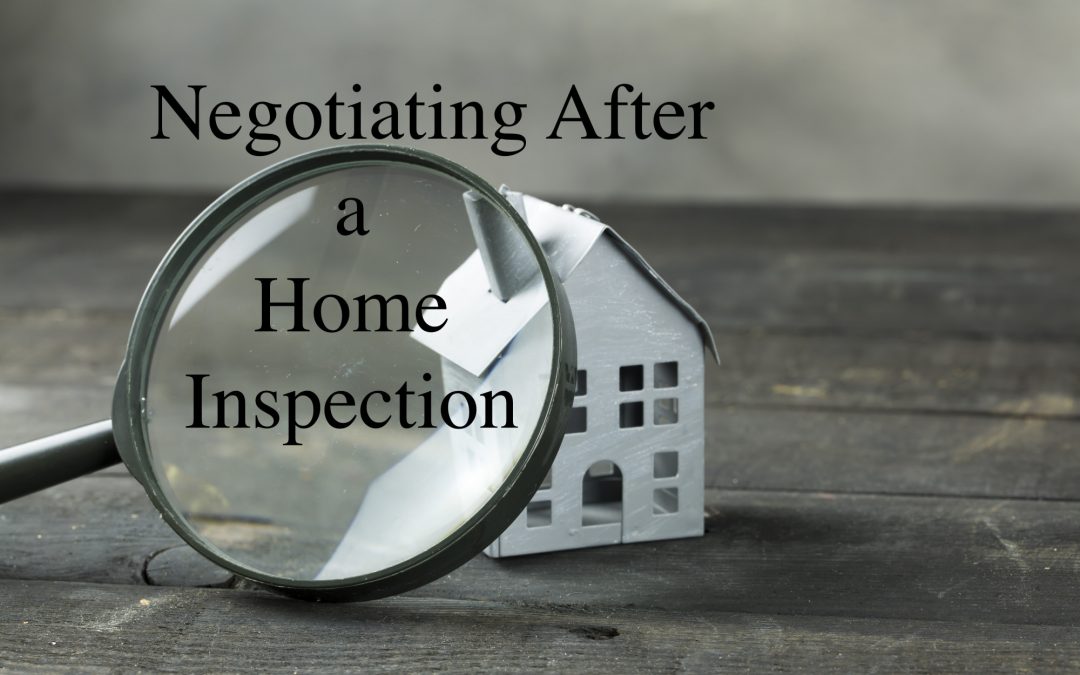Before you shell out cash on that new home, you should get a home inspection. But why?
Well, almost all homes have some sort of issues, and we all know that real estate agents’ job is to sell a home, not to showcase its flaws. So in order for you to understand what you’re getting yourself into, you need a home inspection.
Not to mention, you get to save a whole lot of money in the long-term. If you’re interested in how that happens, it will be covered in this article.
Keep reading to learn how an inspection will help save you money.
How Does A Home Inspection Save You Money?
As a potential home buyer, you will come across the nuisance of legal work and paper stacks of contracts. After you have accepted the offer, and getting a visit to the location, all you have is the shell of the property.
A home inspection can help you determine any flaws that are not visible during your visits, and may or may not be hidden by the seller. In this case, only a qualified licensed professional can give your home a proper inspection for cooling, heating, plumbing, foundational defects, so on and so forth.
And how does that save you money? Well, if there are issues, you want to know about them. Because if something goes wrong in your first couple of weeks, you might be stuck with a long-bill of fixes and contractor hires that you simply didn’t expect.
Now let’s cover some other important parts of hiring a home inspector.
You Can Choose Your Own
You can ask your real estate agent for an inspector, but you never know if he’s in on the job. That means you can choose your own.
In that case, you’re better off hiring one from the National Association of Home Inspectors.
As any member of that association has had to complete a training program, have the experience, and finish a written exam for the competence of the NAHI Standards of Practice and Code of Ethics.
Adverse Flaws—Not Cosmetic Issues
When the inspection is being done, you should follow along with the inspector. In this case, he can capture your attention upon things that really matter.
No house is ideal, and all types of inspections are bound to uncover some of those flaws. By knowing any potential safety concerns and necessary repairs, you can secure your purse and well-being of your family.
However, they will not point out cosmetic issues, because they don’t deplete the integrity of your residence beyond the aesthetic.
Full Coverage Not Promised
A qualified home inspector can only do so much, even though they cover hundreds of points of internet, they might leave out some things that they are not comfortable with testing.
A proper inspection should cover exterior, such as decks, chimneys, porches, steps, roof, doors, windows. And the interior, such as a basement, crawlspace, garage, HVAC, electrical, plumbing, attics, rooms.
They will also report on the functionality of all moving parts, such as garage doors, faucets, shelves, etc. Not to mention, they might uncover a termite issue or something along those lines.
Home Inspectors Work for the Purse
The NAHI does not partake in accepting fees or employing the qualified inspectors. They are capable of discharging the duties of a presented individual upon the fidelity and integrity of a client.
Also, a home inspector will not conduct an inspection if their fee is not representative of untruthful conclusions. The inspector should partake in full confidentiality, and keep all of their findings from other parties unless required by the court.
If you pay the price for the services, you get the information, nobody else.
Not Held Responsible
Inspectors can overlook serious issues, because they don’t go into your walls, and they don’t crawl under the floors. They are also not a party to the sale, so they cannot be held responsible for any condition that might arise later on after the transaction.
As a buyer, you have the discretionary power on deciding if the property is in a condition that you can tolerate. You can use this inspector report to negotiate pricing with a seller, but that’s about it.
A home inspection is a reasonable thing, and if a seller discourages you from having one, that’s a sign to be wary. It can save you money and is actually required by most lending institutions, so get the inspection and rest easy.
The Inspection That Will Save You Money
Now that you have uncovered the potential and importance of having a home inspection done for a new property, you are well on your way to starting to look for the right man or woman for the job.
In any case, there is an underlying difference between a qualified and unqualified home inspector, both of which can do their job. But only of which can do it better.
And at times, it can be hard to determine which is which. If you’re interested in working with a licensed and qualified home inspector, consider scheduling your interstitial inspection.
Because if you don’t, you might be in for a treat. A treat that you weren’t expecting and the problem with that is you never know what you’re going to get. With a home inspection, the results are transparent and notify you of all issues, so you can rest assured that you know of the flaws that the home possesses.

